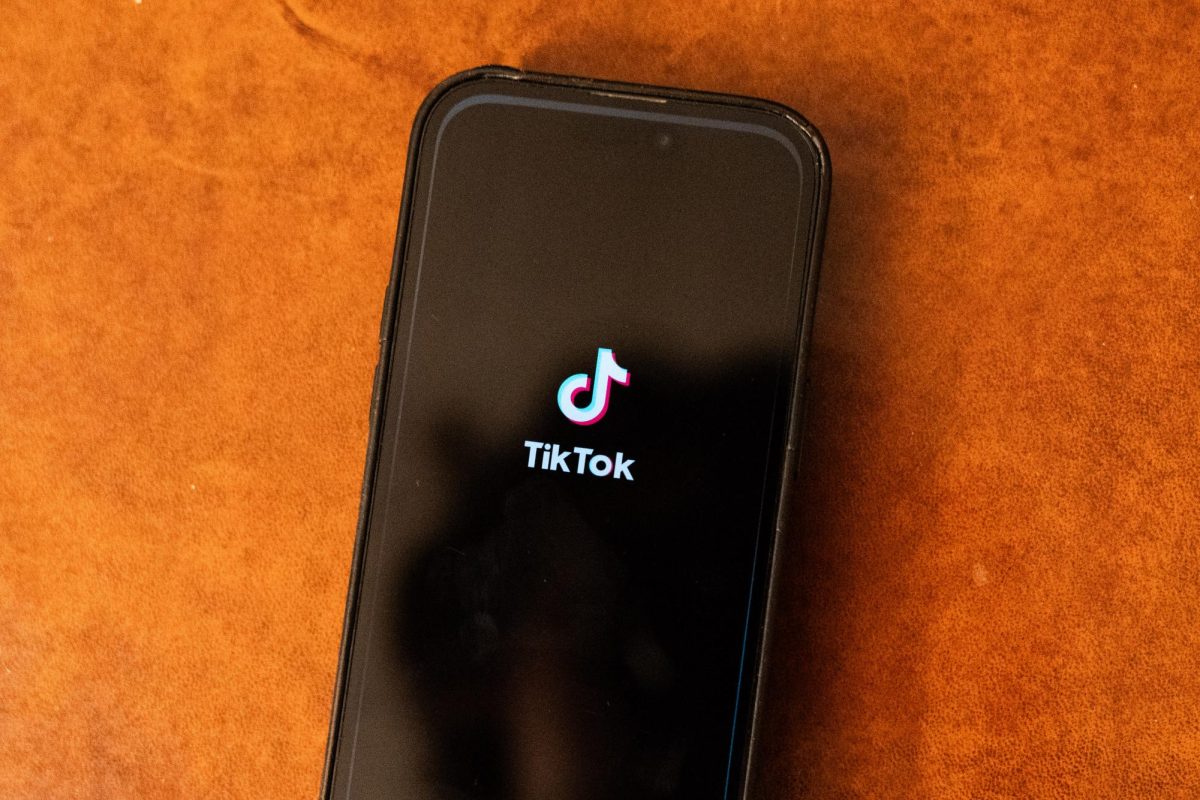Brown: Atheists: Separate Catholic Church’s good works from religion, learn tolerance
January 23, 2014
Jorge Bergoglio enjoys several unique titles: Pope Francis I, Bishop of Rome, Supreme Pontiff of the Universal Church, the Vicar of Jesus Christ — in descending order of divinity. And this past year, he edged out Miley Cyrus to add Time Magazine’s “Person of the Year” to his long list of titles.
The ascent of Pope Francis as the spiritual leader of more than a billion Catholics worldwide has been met with a renewed public interest in the statements and actions of the pontificate. The thought that a papal Twitter feed would even exist, let alone achieve more than 3 million followers, was not possible before Pope Francis. But after his pointed criticisms of the “idolatry of money,” his considerate discussion of gay clergymen and his embodiment of a generous life, this fourth-century office has received a 21st-century following.
For many of the papal Twitter followers, however, Francis represents the first relevant and responsive religious figure in memory.
Ours is a generation that has first turned away from a religious identity en masse. How, then, do those of us who actively reject an organized religion respond to a man who claims to control the spiritual fate of all people on earth, but who washes the feet of the poor while doing it?
To an atheist like myself, Pope Francis presents something of a challenge. Throughout most of my upbringing, my fellow non-believers and I could write off the Catholic Church as just one more morally bankrupt bastion of medieval social values. I can’t say for sure what turned me away from belief, but the loud opposition to gay sexuality and women’s rights coming from Rome — and the silence toward the needs of the poor — certainly encouraged my fall from faith.
I, like the vast majority of the non-religiously-affiliated, have no interest in “finding” a religious institution. Still, the thought of a religious leader not only speaking with urgency against inequitable economic policies in a way no politician would dare, but actively reforming the church to counter them, gives me pause. Can I consent that this medieval institution can be a morally relevant force in the world?
In short, can an institution founded on what I believe to be a myth still prove a fundamentally positive force? To answer that question, my fellow atheists and I will have to seriously examine our belief system, or lack thereof.
I first greeted this pope-mania with skepticism. An office so steeped in mythology and a history of repression could not improve, no matter who wears the robes.
That skepticism toward any religious legitimacy was instilled in me early in my atheist upbringing. It is the hallmark of the atheist tendency that has received considerable attention over the past decade, namely the “New Atheism” espoused by biologist Richard Dawkins. Not only does it reject any supernatural claims, but it denigrates all religious belief as nonsensical, even dangerous. The false claims of all religions condemn them to moral irrrelevance, they say.
Though the ideas of Dawkins and his colleagues may have helped many of us accept our own lack of belief, it is time to articulate a more sophisticated and tolerant atheist identity — one that will allow us to praise the good works of Pope Francis and his slowly modernizing Catholic Church without accepting it as the “body of Christ” on earth.
The atheist identity is fundamentally different from any religious one. While a religious identity comes with both a set of beliefs about God and a set of ethical principles, atheism supplies only the former, specifically that there are no gods except the ones created by humans.
While we, as atheists, won’t subscribe to the holy gospels, nothing should keep us from admiring the social gospel.
The militant atheist might object here, however, that the social works and the religious belief of the church necessarily differ. Sure it’s great that the Catholic Church supplies health care through its 26 percent share of all medical providers in the world, but that has nothing to do with its dogma. Any charitable organization can do that without the story of God’s creation and Christ’s crucifixion, they’d say.
But for some believers, it requires the sense of faith, the parables of morality and the belief in an afterlife to perform acts that many of us immediately recognize as admirable. For most of the religious world, churches provide the most accessible social services and most of the ethical guidance.
While atheists in the secular world might see a clear distinction between someone’s “religious life” on Sunday and everything else the rest of the week, such a difference does not exist for those whose only access to a moral education comes from the pulpit. While college-educated atheists can claim a moral life without scripture, that’s not so easy for a student in the slums of Sao Paulo or Mexico City whose only access to education and medical care comes from the church.
We atheists, then, ought not become a missionary non-religion. We ought not resist the possibility that more will turn to the Catholic Mass — a trend deemed the “Pope Francis Effect” — when they do so out of a commendable concern for social justice. By accepting those actions of the church, we gain more credibility when we decry its contradictions, such as the forbiddance of the ordination of female priests.
Clearly, there is a long way to go before the church achieves perfect legitimacy, but after the leader of the Catholic Church is named “Person of the Year” by both Time and leading LGBTQ magazine The Advocate, even we atheists are willing to believe in miracles.
Write to Simon at spb40@pitt.edu.


